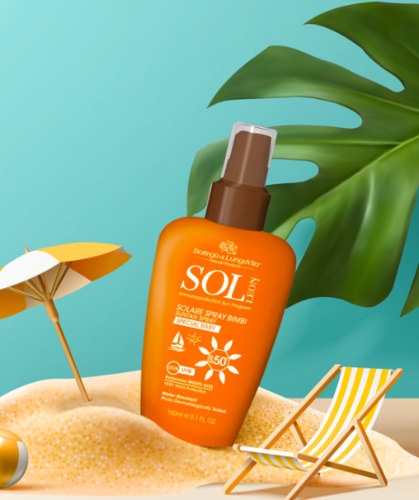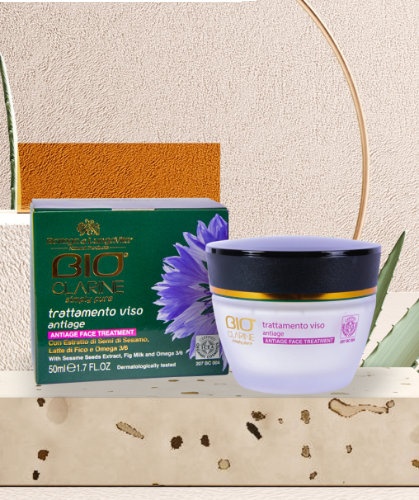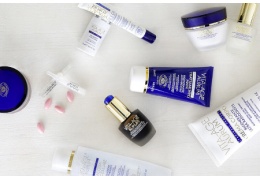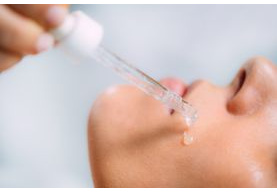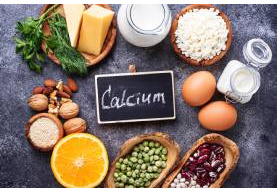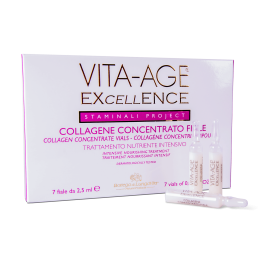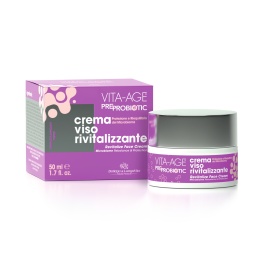SKIN HEALTH AND NUTRITION: IS THERE A CONNECTION?

Skin health also depends on nutrition: there are in fact foods that are bad for the skin and foods that are good for the skin. The important thing is to know what they are and try to adapt your diet accordingly.
The influence of a balanced diet on the well-being of the skin
To understand how to hydrate your skin with nutrition, you must first reflect on what you eat. Speaking of skin well-being, in fact, the old adage you are what you eat turns out to be very true. But what are the specific foods that are good for your skin? First of all fruit and vegetables, which contain powerful antioxidants useful for protecting the skin from cellular damage caused by free radicals, which in turn can be freed from bad habits such as smoking, but also from factors such as pollution and light solar.
You should therefore never miss a rainbow of fruit and vegetables every day: at least five daily portions, experts recommend. The beneficial substances for the skin contained in fruit and vegetables are in fact numerous, from beta-carotene, which vegetables such as carrots, sweet potatoes and pumpkins are rich in, to lutein, present in cabbage, papaya and spinach. Vitamin C is essential for healthy and radiant skin, contained in fruit and vegetables such as blackcurrants, blueberries, broccoli, kiwis, oranges, strawberries and sweet potatoes. Vitamin C is essential for the production of collagen, the protein that keeps the skin plump and strengthens the hair structure.

Among the substances and foods that are good for the skin there are also vitamin E, which dried fruit is rich in; selenium, contained in foods such as fish, eggs and broccoli; zinc, and good fats – such as those contained in avocado. It is also recommended to always drink plenty of water, which hydrates the entire body, including the skin.
For dry skin, the diet must focus in particular on hydration, which from a nutritional point of view can be favored by foods such as homemade smoothies and centrifuges, fruit and vegetables, dried fruit, yogurt or partially skimmed milk.
Instead, for oily skin, nutrition must focus on the purifying factor. Green light therefore for foods such as seasonal fruit and vegetables, lean meats, fish, cereals, legumes and all foods rich in vitamins and low in fat.
Foods that are good (or bad) for your skin
Fruits and vegetables, minerals and vitamins are real cure-alls for the well-being of the skin. However, there are many other foods to avoid for the skin, such as sugar, which, it must be remembered, is not only contained in sugar cubes and sweets, but also in many other foods consumed daily. Among the foods that are bad for the skin are also fried and processed foods, dairy products and alcohol. These foods are also part of the foods to avoid for acne, a disorder that can affect people of all ages.
The role of hydration and water for skin health
Water plays an essential role in maintaining the well-being of the skin. Experts recommend taking about two liters a day to always have healthy and young skin. In fact, we must not forget that wrinkles and signs of aging appear when the skin loses elasticity and decreases collagen production, favoring dehydration.
Our proposals for healthy and young looking skin
Adopting a balanced diet is essential to ensure the well-being of the skin. But sometimes it's not enough. For this reason, a healthy diet can be combined with the use of specific products, such as the innovative Vita-Age® Pre+Probiotic revitalizing facial treatment, which offers an immediate hydrating, soothing and repairing action.
The Vita-Age® Prestige line also includes numerous fundamental products for the well-being of the skin, from face cream to treatment in vials with colloidal platinum.
Finally, the Vita-Age® Excellence line includes exclusive formulations, based on Gardenia Jasminoides stem cells and native collagen, which allow the epidermis to be restructured and its protective barriers strengthened, providing immediate relief, especially for dry and flaky skin

